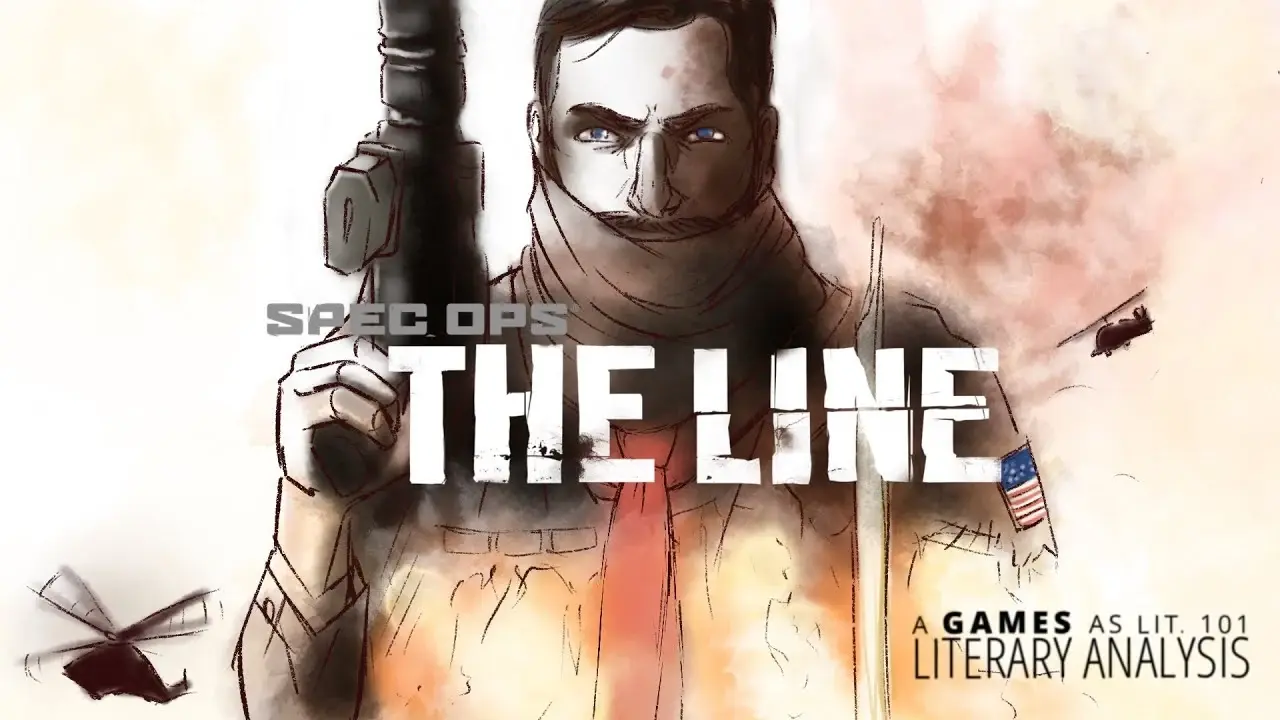The whole video is worth watching, but this section in particular makes a better case than I’ve seen in other analyses: that the game condemns player involvement not by simply chastising the player for choosing to continue playing itself (as I’ve seen other analyses argue), but rather for carelessly and uncritically engaging with the power fantasy that games like this cater to.



This game is fascinating to me because of the range of reactions I’ve seen from players. Those who like it love it so much they call it a masterpiece, while those who don’t like it really hate it.
It’s also one of the only games I can think of which message (or at least what I personally interpret its message to be) gets less and less impactful the more people praise it. I feel like it only works if you go in blind and only expect a standard shooter, and really suffers from its reputation as a consequence. Expecting a fun shooter and getting this whole thing was a unique experience to me, while a friend of mine that played it expecting to find the experience he read about was super disappointed and hated it.
A weird game indeed, but I’m so glad it exists
I think it does what it sets out to do really well. The only thing I view as a shortcoming is that it left me with very little desire to replay it, though I’ve heard that there are lots of different branching story options at different points, mostly based on if your character chooses not to do something that the game implies you’re supposed to do.
It’s not a “fun” game, but it’s engaging and short enough that I think anyone could get through it without getting bored, and I think the metacommentary that you experience from playing it is worth it.
Going in blind is the best. Unfortunately, it’s probably pretty difficult to do, since spoilers are extremely rampant. I don’t even know how I managed to do it. But it really is magical if you go in blind.